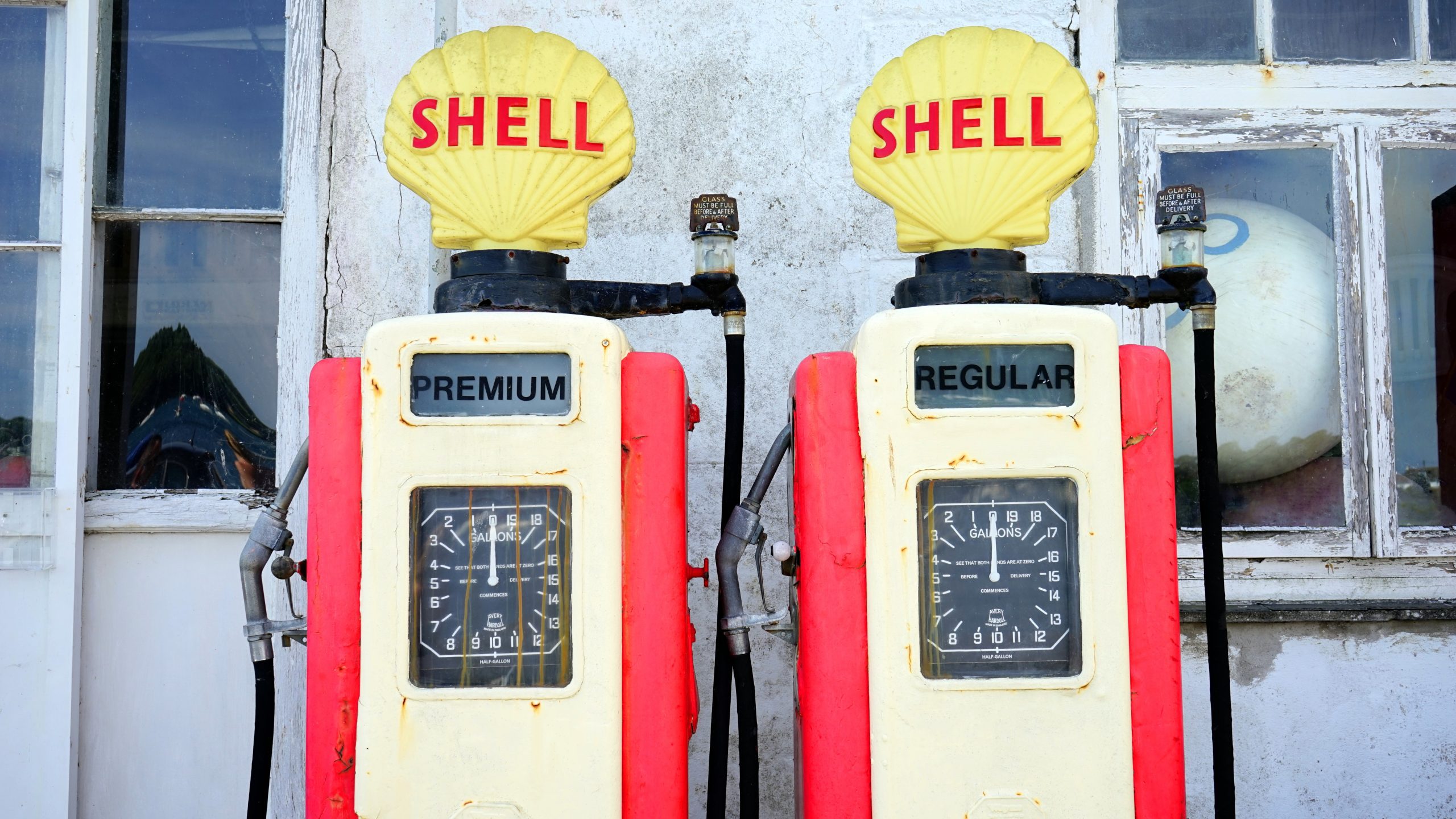Fossil fuel subsidies, worth 0.7% of the global economy, increase CO2 emissions and hamper the development of sustainable energy sources. So why do they still exist? PhD candidate Adriana Diaz Arias studied the resilience of the vested powers.
What sparked your interest in fossil fuel subsidies?
“I think it started with a conversation with my supervisor, Professor Cees van Beers, on how much investment was being done in renewable energies. He has a long history in researching renewable energy subsidies and, on the other side, how much is spent on fossil fuels and traditional energy. This begs the question that if you want to progress innovation, why are we still supporting the use of fossil fuels?”
In your thesis, you state that fossil fuel subsidies amount to 0.7% of the gross domestic product globally. Do you know the figure for the Netherlands?
“I believe the Netherlands is not doing as badly as some developing countries. It was 0.06% of GDP ten years ago, and in 2015 it was only 0.016%. We’re talking about consumer’s subsidies, of course, given to energy consumers.”
Global CO2 emissions could be reduced by 5% by simply banning fossil fuel subsidies, you write. Where does that figure come from?
“That figure doesn’t come from my own research. It is part of what the International Monetary Fund, the OECD (Organisation for Economic Cooperation and Development) and the International Energy Agency IEA have been working on since 1992. They have been building the general equilibrium analysis, a model of the global economy. If you start removing the subsidies now, you could see what the impact of different policies would be. Meanwhile, these organisations have been revising the model and updating the baselines and they have moved from a 5% to an 8% CO2 emission reduction. So actually, removing fossil fuel subsidies could remove 8% of the CO2 emissions.”
You found that fossil fuel subsidies are higher in countries with larger income differences. Why is that?
“I wondered what it is that makes it hard for countries to remove fossil fuel subsidies. I’ve looked at an analysis with three determinants that goes through time and across countries. The determinants are: do people feel heard by the government; how much is the government spending on untargeted subsidies such as public health; and, the concentration of power. Econometrically I investigated the impact of concentrating energy subsidies on diesel and gasoline. What I found was that the more concentrated the power, the stronger the subsidy on fossil fuels. In countries with larger differences in income, governments are more tempted to provide fossil fuel subsidies to keep people happy and quiet to maintain power.”
That sounds plausible. Vested interests keep fossil fuels in place, although they are detrimental to the environment and to the development of sustainable energy. What can one do to stop the dependency on fossil fuels?
“An interesting finding has to do with the level of transparency and with the trust that people have in their government. Subsidies can be gradually reduced when fossil fuel prices are low. Apart from that, if people trust their governments it will be easier to reform the subsidies and implement compensatory policies or measures that help them accept that you have to pay more for polluting products. The government can promise to put the revenues into renewables for example or into other public spending. That is one way to approach the problem.”
Among the 194 countries that you have studied, are there any that have stopped subsidising fossil fuel use?
“No, not one. My study runs from 1990 to 2012. That’s when oil prices went up, up, up. Between 2012 and 2014, oil prices decreased and are still decreasing. Taking advantage of this, some countries have introduced measures to reduce subsidies. In 2018, Germany will stop subsidising coal. That’s a world’s first, but it has taken twenty years of political pressure. And we’re not talking about oil or natural gas, but about coal, which is much more polluting than the other two. Other countries, such as Mexico, China, and Indonesia, have been making progress in phasing out subsidies while not completely abolishing them.”
Adriana Diaz Arias (Colombia, 1981) lives in Barcelona and works as a research innovation officer for the Royal Melbourne Institute of Technology. Trained as an electrical engineer in Colombia, with a master’s in Engineering and Policy Analysis at the Faculty of TPM, she became interested in what makes policies work or fail. She started a PhD project on the hydrogen economy with Professor Cees van Beers (TPM), focusing on fossil fuel subsidies.
- Adriana Diaz Arias, Determinants of Energy Subsidies and their Implication on Technological Change of Energy Use, PhD supervisor Professor Cees van Beers, Faculty of Technology, Policy and Management, 5 June 2018
Do you have a question or comment about this article?
j.w.wassink@tudelft.nl


Comments are closed.